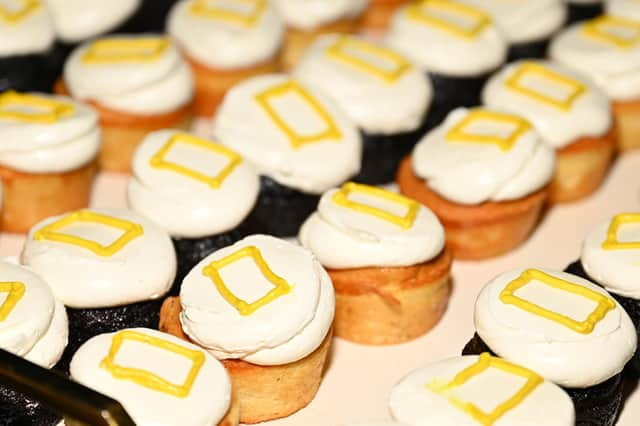Scotland's obesity crisis: How we could learn to be lean from Sweden – Stephen Jardine


You can lay out pitta wraps, fruit and vegetables but in all probability, you will just end up putting them away again at the end of the day. The one thing guaranteed to be eaten is the sweetest thing on offer. And so it begins.
A well-known sports coach recently shared the success of her teenage protegees on social media. How did they celebrate? With cup cakes, naturally.
Advertisement
Hide AdAdvertisement
Hide AdBack in the office any celebration from promotions to pregnancy requires cake, more cup cakes and maybe doughnuts as well.
Is it any wonder that we all end up associating good times with a huge hit of sugar? As a result, Scotland has one of the worst weight problems in Europe with 65 per cent of the adult population either overweight or obese.
There is research from America to suggest, for some people, the background influence is genetic. They are born with a disposition towards sweeter tastes because that once provided the immediate energy hit required to outrun a velociraptor.
Nowadays being trampled in the rush for half-price Yum Tums at Greggs is more of a risk than fleet-footed dinosaurs but we’ve retained a deep-rooted passion for lots of sugar in our diet that stretches from cradle to early grave.
The roots may lie in an inclination towards sweeter tastes but that has been ruthlessly exploited by major brands eager to sell us as much sugar-based products as possible.
Things are better now but the adverts during TV shows for children used to feature a constant barrage of promotion for everything from the Curly Wurly to Milky Bars. No one promoted eating broccoli or carrots but just about every commercial break I can remember seemed to feature a kind man called Mr Kipling who made “exceedingly good cakes”.
In Scandinavia, they take a different approach. All over Sweden on a Saturday, families take part in a weekly ritual. They even have a name for it, lördagsgodis, which translates to “Saturday sweets”. In every village, town and city, it involves a visit to the shops for a weekly bag of sweets. And when they have been eaten, that’s it for another week.
This isn’t some odd tradition stretching back to ancient times. Saturday Sweets only dates back to the 1950s when serious concern about the state of children’s diets and teeth led the Swedish Medical Board to launch a campaign to limit consumption.
Advertisement
Hide AdAdvertisement
Hide AdAs a result only six per cent of Swedish children are obese compared to ten per cent of Scottish children. The comparison becomes even more stark with adults.
The Swedish example shows things can change. We need to get away from the culture here where cake and high-sugar baked goods are our constant companions. Can it really be right that the opening of Krispy Kreme doughnut stores led to queues around the block from those desperate to visit the new temple to sugar?
There is nothing wrong with a bar of chocolate or a slice of cake but it should be an occasional choice rather than the go to for every occasion. In Sweden they get it and are changing their lives. When will we?
A message from the Editor:
Thank you for reading this article. We're more reliant on your support than ever as the shift in consumer habits brought about by coronavirus impacts our advertisers.
If you haven't already, please consider supporting our trusted, fact-checked journalism by taking out a digital subscription.
Comments
Want to join the conversation? Please or to comment on this article.
